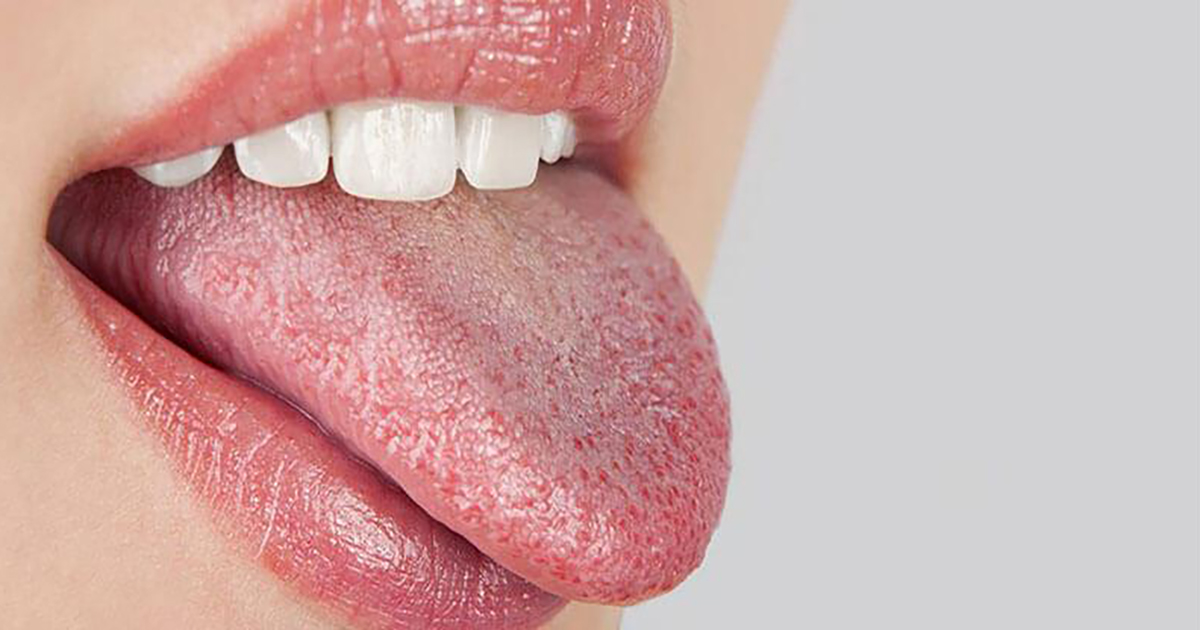Serious Side Effects Of Muscle Relaxers
Muscle relaxers, also called muscle relaxants, are medications used to treat muscle spasticity or muscle spasms. Muscle cramps and spasms occur when there are sudden and involuntary contractions of a group of muscles or a singular muscle. Muscle spasms and cramps can be caused by muscle overuse and strain, dehydration, fatigue, and stress. Chronic conditions, including nerve disorders, can also cause them. Neck pain, lower back pain, and fibromyalgia all tend to present with cramping. Muscle spasticity occurs when a muscle continuously spasms to the point of tightness, rigidity, or stiffness. This condition can interfere with normal movement, talking, or walking. It is caused by conditions that injure the brain or spinal cord.
As mentioned, patients often take muscle relaxer pills as a treatment for muscle spasms. They are also an effective option for muscle cramp treatment. Some individuals may see benefits from taking muscle relaxers for neck pain. Of course, patients must understand the potential side effects of muscle relaxers first.
Dizziness

Dizziness is a common side effect of centrally-acting skeletal muscle relaxants. These medications are prescribed alongside physical therapy and rest to help with muscle spasm relief. They act on the central nervous system by creating a sedating effect or preventing the nerves from transmitting pain signals to the brain. As the effects of long-term use are not proven, patients should not take these for longer than two to three weeks. Patients experiencing dizziness may have trouble keeping their balance and suddenly get lightheaded when they stand up.
Though dizziness is not always a sign of a serious problem, patients should talk to a doctor if it is interfering with their day-to-day life. They also should not drive a car or do other potentially dangerous tasks until they are aware of how the medication affects them. Individuals should not take muscle relaxants with alcohol or other central nervous system depressants, as this can lead to worse dizziness and potential coma or death.
Reveal more side effects of muscle relaxants now.
Fatigue Or Drowsiness

Fatigue and drowsiness are also common side effects of a muscle relaxer that works on the central nervous system. This is another reason individuals should not drive or do potentially dangerous activities until they know how they affect them. Some patients may find muscle relaxers make them fall asleep much more quickly than trying to sleep without these medications. Of course, individuals should not take these medications with alcohol. The reason is that if they do, the fatigue they cause can be just the start of a potentially life-threatening reaction.
If patients find the fatigue they are experiencing is interfering with their daily life, they should talk to a doctor about alternative options for treatment. It is important not to combine muscle relaxers with sleeping medications or depressant drugs like opioids. Individuals also should not use them with St. John's wort or similar herbal supplements. Patients who have liver problems, who have a neurological disorder or mental health issue, or who are older than sixty-five years old, should talk to their doctor about how to safely mitigate the effects of muscle relaxers.
Continue reading to learn more about the side effects associated with muscle relaxants now.
Depression

Any muscle relaxant individuals take will have some side effects, especially if it acts on the central nervous system. Depression is a common side effect of muscle relaxers. The symptoms will typically go away once patients stop taking the relaxer or lower their dose. Many muscle relaxers work by inhibiting the central nervous system function. This helps relieve the pain from muscle spasms and spasticity by keeping individuals from feeling it as fully. However, it can also cause their emotions to feel blunted and thoughts to feel sluggish and slow.
Clinical depression occurs when individuals feel intensely sad or empty in ways that interfere in day-to-day life. These feelings must continue for at least two weeks for patients to receive an official diagnosis of major depression. Many patients with clinical depression feel worthless, helpless, and hopeless. They may lose interest in their plans for the future, stop connecting with their friends and family, and struggle to enjoy activities that previously brought them pleasure. If someone is feeling depressed, they should talk to a doctor.
Get more details on muscle relaxant side effects now.
Reduced Blood Pressure

Depending on the drug and the way it works within the body, individuals may experience reduced blood pressure due to muscle relaxants. This is not always a bad thing, especially if patients have slightly elevated blood pressure. However, if they already take medication to lower their blood pressure, it may interact with the relaxant and cause their blood pressure to become too low. Low blood pressure is defined as any reading lower than 90/60, but the ideal blood pressure is 120/80.
When blood pressure is low on a long-term basis, it is usually not a cause for concern, as naturally low blood pressure does not tend to cause symptoms. However, when an individual's blood pressure drops suddenly, it can cause their brain to be deprived of oxygen because it is not getting adequate blood supply. A sudden blood pressure drop happens most often when individuals get up from a seated position or sit up after laying down. When this happens, individuals might suddenly feel dizzy and faint. Some also experience low blood pressure if they stand for long periods.
Discover additional side effects of muscle relaxers now.
Muscle Weakness

Muscle weakness is a common side effect of muscle relaxers. In most cases, this is not a cause for concern. Different muscle relaxers may cause various levels of potential weakness. As they ease muscle spasms or muscle spasticity, they may make it difficult for the muscle to contract fully. This leads the muscle to be unable to support the same weight it usually can, otherwise known as muscle weakness.
Mild muscle weakness is an expected part of muscle relaxers. However, if the muscle weakness is serious enough to impair a patient's mobility or day-to-day activities, they should talk to their doctor. Patients should also talk to their doctor if they feel like the weakness is accompanied by other muscle symptoms like pain and fatigue. Some muscle weakness is expected, especially when treating muscle spasticity. The drugs must reduce the muscle's ability to contract in order to reduce spasticity.
Reveal more side effects of muscle relaxers now.
Dry Mouth

Dry mouth means that the salivary glands in an individual’s mouth do not produce sufficient amounts of saliva to keep their mouth sufficiently lubricated. Thus, affected individuals feel as if their mouth is dry. Dry mouth can be temporary, though patients may see significant complications if it does not disappear quickly. This is because saliva protects the teeth from tooth decay by reducing the growth of bacteria and neutralizing the acids they produce. Saliva also makes it easier to chew and swallow food.
One of the most common triggers for dry mouth is medications, including muscle relaxers. If this happens, doctors have a couple of options. One of them is to adjust the dose of the patient’s muscle relaxant. They may also change the patient to a different medication or prescribe medication to induce saliva production.
Continue reading to learn about more potential side effects of muscle relaxers now.
Constipation

Unfortunately, muscle relaxers are one of the many types of medications that have constipation as a side effect. Constipation, of course, occurs when individuals have three or fewer bowel movements a week. In many instances, individuals dealing with constipation also strain when they are trying to have a bowel movement. Additional signs of constipation include hard stools, lumpy stools, and the feeling of not completely emptying the bowels. Some muscle relaxers have anticholinergic effects, which experts believe is why constipation is a potential side effect. Individuals dealing with this side effect may need to adjust their dose or switch to a different muscle relaxant.
Get more information on the side effects linked to muscle relaxers now.
Nausea

Nausea is widely considered to be the most common side effect. Of course, this means that it is a common side effect of muscle relaxers. Many patients will only experience mild nausea due to their muscle relaxer. In addition, nausea from this type of medication can subside as patients adjust to it. However, persistent nausea may require changes. Patients may have to have their muscle relaxant dose adjusted or switch to an alternative that does not trigger this side effect. Another option is to employ natural remedies for nausea, including drinking ginger tea.
Discover additional information on the potential side effects associated with taking muscle relaxers now.
Heartburn

Heartburn is a burning pain that occurs in an individual’s chest. Typically, affected individuals will feel heartburn behind their breastbone. Heartburn often worsens when individuals bend over or are lying down, as well as in the evening or after eating a meal. In rare cases, patients taking muscle relaxers will experience heartburn as a side effect. Thankfully, the pain is usually mild and easily managed. Patients can have their dose adjusted or switch to a new medication. Lifestyle remedies can also assist with managing heartburn. However, if individuals want to try over-the-counter medications for heartburn, they should discuss it with their doctor first to avoid a potential interaction with their muscle relaxer.
Uncover more side effects of muscle relaxers now.
Heart Palpitations

Heart palpitations refer to the feeling of a fast-beating heart. Many individuals describe it as a fluttering or pounding feeling in their heart. Heart palpitations, when they are the result of exercise or stress, are often temporary. However, they are a dangerous side effect of some medications, including muscle relaxers. Patients who take muscle relaxers and experience heart palpitations should call their doctor immediately. In quite a few cases, patients will need emergency medical care. Severe heart palpitations can indicate that patients have taken too many muscle relaxers. Many patients must stop taking their muscle relaxer immediately. The emergency room can treat them, though they should also consult their doctor for additional treatment, including if they still need medication for an underlying condition or medical issue.